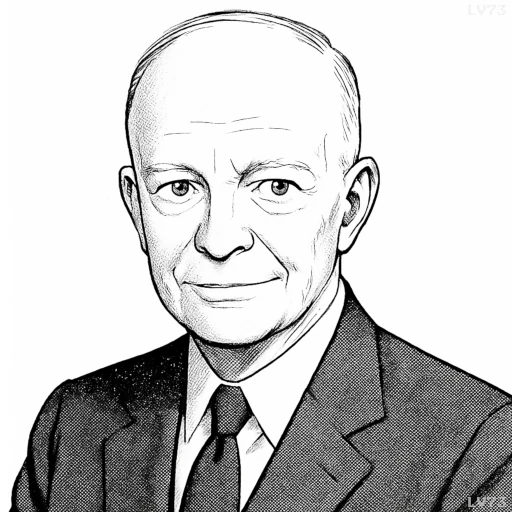“I hate war as only a soldier who has lived it can, only as one who has seen its brutality, its futility, its stupidity.”

- October 14, 1890 – March 28, 1969
- American
- The 34th President of the United States, General, Military Leader
table of contents
Quote
“I hate war as only a soldier who has lived it can, only as one who has seen its brutality, its futility, its stupidity.”
Explanation
In this deeply personal and powerful statement, Eisenhower expresses his visceral rejection of war, grounded not in theory but in direct, harrowing experience. As a career soldier and Supreme Allied Commander in World War II, he witnessed firsthand the devastating human cost of combat. His use of words like “brutality,” “futility,” and “stupidity” reflects not only the physical destruction of war but also its moral and intellectual failure—a breakdown of diplomacy, humanity, and reason.
The historical context is vital: Eisenhower led the Allied invasion of Nazi-occupied Europe, overseeing the D-Day landings and the liberation of concentration camps. While he valued military discipline and was committed to defeating tyranny, he never glorified war. Instead, he saw it as a necessary evil, not a noble pursuit, and sought to prevent future conflicts through strength, diplomacy, and cooperation.
Today, Eisenhower’s words remain a sobering reminder amid ongoing global conflicts. His perspective challenges romanticized or strategic portrayals of war by emphasizing its inhumanity and wastefulness. For veterans, policymakers, and citizens alike, this quote is a call to remember the real costs of war—and to exhaust every peaceful alternative before resorting to it. His hatred of war, born from lived experience, became one of the defining ethical pillars of his presidency.
Would you like to share your impressions or related stories about this quote in the comments section?



